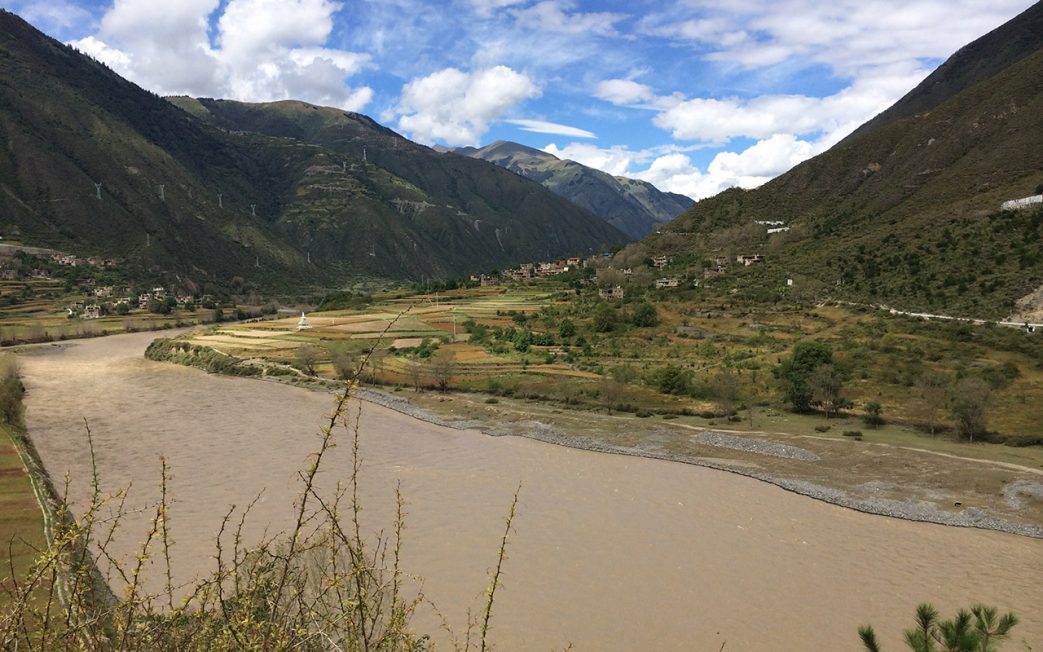Dr. Jade d’Alpoim Guedes, a Center research affiliate, and Dr. Kyle Bocinsky of the Crow Canyon Archaeological Center in Colorado, Washington State University and the University of Montana released a new paper that demonstrates how the impact of temperature transitions on agricultural crop productivity across Asia between 5,000 and 1,000 years ago led to key adaptive strategies.
There’s been a large body of literature in archaeology on past climates, but earlier studies were mostly only able to draw correlations between changes in climate and civilization,” said lead author d’Alpoim Guedes, an assistant professor in the Department of Anthropology and Scripps Institution of Oceanography at UC San Diego. “What we’re showing in this work is exactly how changes in temperature and precipitation, over space and time, would have actually impacted people – by affecting what they could and couldn’t grow.”
Read the UCSD news report or see the full paper, “Climate Change stimulated agricultural innovation and exchange across Asia“.
Follow Dr. d’Alpoim Guedes on Twitter here.


